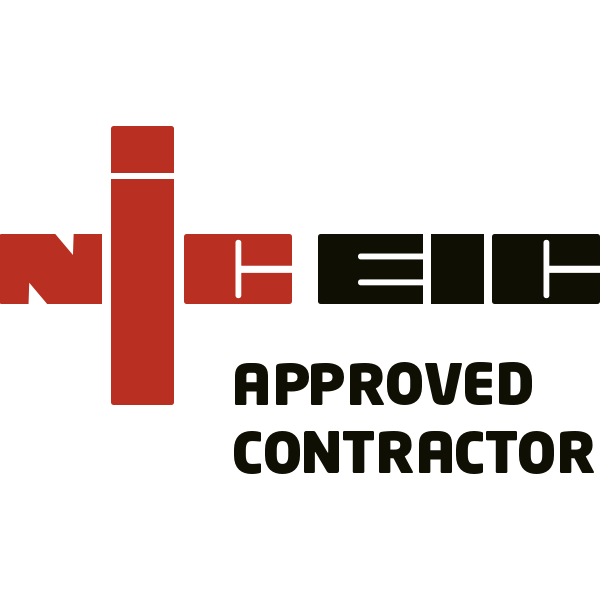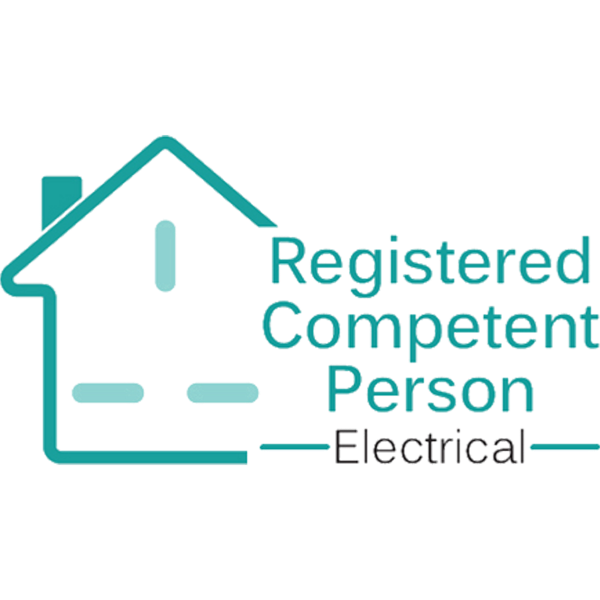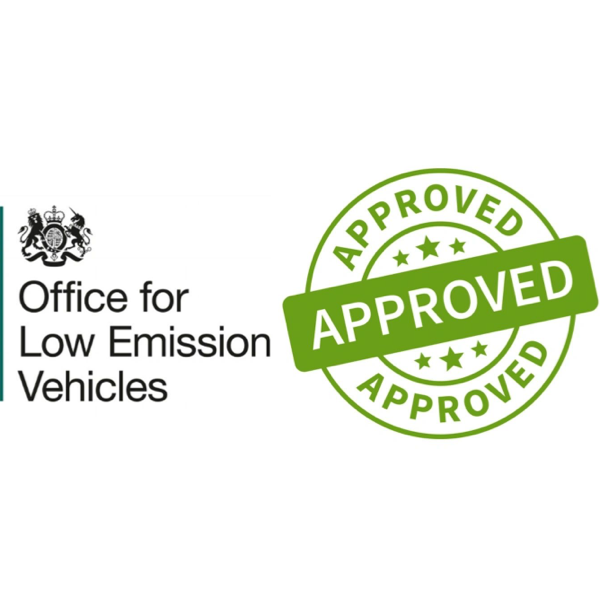Installing Electric Car Chargers in Homes
12/04/2023
As electric vehicles (EVs) become more popular, the need for a charging infrastructure is growing. While public charging stations are becoming more common, the majority of EV charging still happens at home. Therefore, installing electric car chargers in homes is becoming increasingly important for EV owners.
Installing an electric car charger in a home requires careful planning and coordination. The installation process involves working with licensed electricians and ensuring that the home's electrical system can support the charger. Furthermore, the location of the charger must be considered, with factors such as accessibility, safety, and convenience being taken into account.
The installation of an electric car charger in a home can offer several benefits for EV owners. Firstly, it provides a convenient and reliable way to charge the vehicle. With a home charging station, EV owners can avoid the inconvenience of having to find a public charging station or waiting in line to use one. Moreover, a home charging station can charge the vehicle faster than a standard outlet, reducing the charging time significantly.
Secondly, installing an electric car charger at home can save EV owners money in the long run. While the cost of installing a home charging station can be high, it is typically much cheaper than the cost of using public charging stations regularly. Additionally, some electric utilities offer discounted rates for EV charging during off-peak hours, further reducing the cost of charging at home.
Lastly, installing an electric car charger in a home can have environmental benefits. By charging their vehicles at home, EV owners can reduce their reliance on fossil fuels and lower their carbon footprint. Additionally, some home charging stations are compatible with renewable energy sources, such as solar power, making EV charging even more environmentally friendly.
However, installing an electric car charger in a home also poses some challenges. The cost of installation can be high, and not all homes are suitable for charging stations. Additionally, some homeowners' associations and local authorities may have specific regulations regarding the installation of charging stations in residential areas.
To address these challenges, several solutions are available. Homeowners can consult with licensed electricians and EV manufacturers to determine the best type of charger for their home and the most cost-effective installation option. Furthermore, some state and federal incentives are available to offset the cost of installing a home charging station.
In conclusion, installing electric car chargers in homes is becoming increasingly important as EVs become more popular. The installation of a home charging station can provide EV owners with several benefits, including convenience, cost savings, and environmental benefits. However, the installation process requires careful planning and coordination, and homeowners must be aware of the associated costs and regulations.










